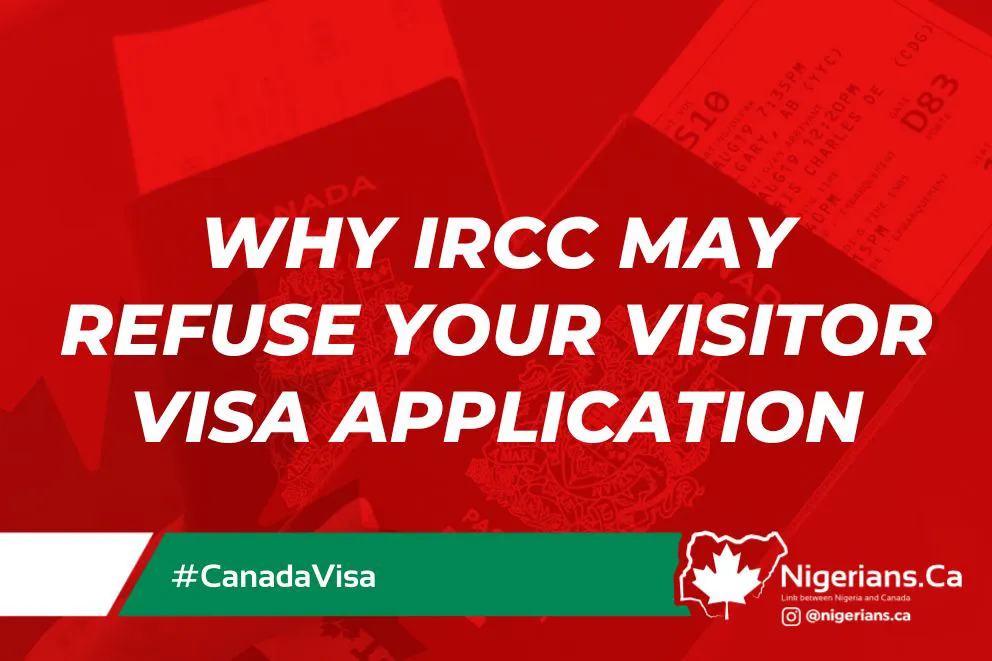Starting a business in Canada as a foreigner in 2023 involves several steps and processes which should be followed rigorously. Keep in mind that rules may change slightly as per the regulations, however, here's a general step-by-step guide:
Plan Your Business
The first step entails identifying the nature of the business you want to start. Analyze the industry, market demand, and competition in your space. Also decide on your unique value proposition. Create a detailed business plan with short-term and long-term goals.
Business Structure
Decide on the structure of your business (e.g., sole proprietorship, partnership, corporation, or cooperative). Your business structure will affect your legal requirements in Canada.
Research Regulations
Do thorough research on the laws and regulations affecting your business such as zoning laws, regulatory bodies you may need to register with, and any licenses or permits you might need.
Register Your Business
Register your business name and get a Business Number (BN) from the Canada Revenue Agency (CRA). This is necessary for tax matters.
Secure Finance
Figure out your capital needs and secure your business finance. If your personal assets aren’t enough, look for grants, investors, or loans.
Immigration Process
Depending on your situation, you might need to apply for a Start-up Visa or an Owner-Operator Work Permit. The Start-up Visa Program is tailored for foreign entrepreneurs who want to establish new, high-growth businesses in Canada that will support innovation and job creation. Your business idea or venture must get the support of one or more of the designated organizations approved to invest in or support possible start-ups through this program.
Location
It's important to find the right location for your business. Look into purchasing or renting business property where the majority of your customers are.
Taxes and Insurance
Understand your tax obligations. As a business owner in Canada, you'll need to know which taxes your business must collect, remit, and how to report income. Also, consider getting business insurance to financially protect your business from potential lawsuits or damages.
Hiring Employees
You may need to hire Canadian employees. So, make sure to familiarize yourself with labor laws and understand how to go about the recruiting process.
Open a Business Bank Account
It's beneficial to keep your personal and business finances separate. Opening a business bank account in Canada helps you manage your expenses, revenues, and taxes efficiently. Make sure you compare the fees, transaction limits, and benefits of different business accounts at various banks to find what suits you best. Once you've selected the best fit, reach out to the bank to understand which documents are needed to open an account as the requirements may vary, but generally include identification, the business registration documents, and your Business Number (BN).
Set Up Accounting Systems
You'll find it helpful to establish an accounting system from the outset of your business to help you keep track of your income, expenses, and tax obligations. You can either hire an in-house accountant/bookkeeper or outsource these services as necessary.
License and Permits
Obtain any necessary business licenses and permits. This depends on the type of business you have and the regulations specific to your province.
Register for GST/HST
If your business operates in Canada and has business revenues in excess of $30,000 annually, you will likely need to register for the Goods and Services Tax/Harmonized Sales Tax (GST/HST).
Set Up Online Presence
According to your business model, establishing an online presence might be crucial. You should consider creating a professional website for your business, regardless of whether it's a traditional brick-and-mortar or an online store. Register a domain name, design your website effectively and ensure it has all the necessary information about your business. Besides, make use of social media, email marketing, online advertisements and search engine optimization to attract and maintain your client base. Basically, defining a digital marketing strategy becomes important to compete effectively with other businesses.





